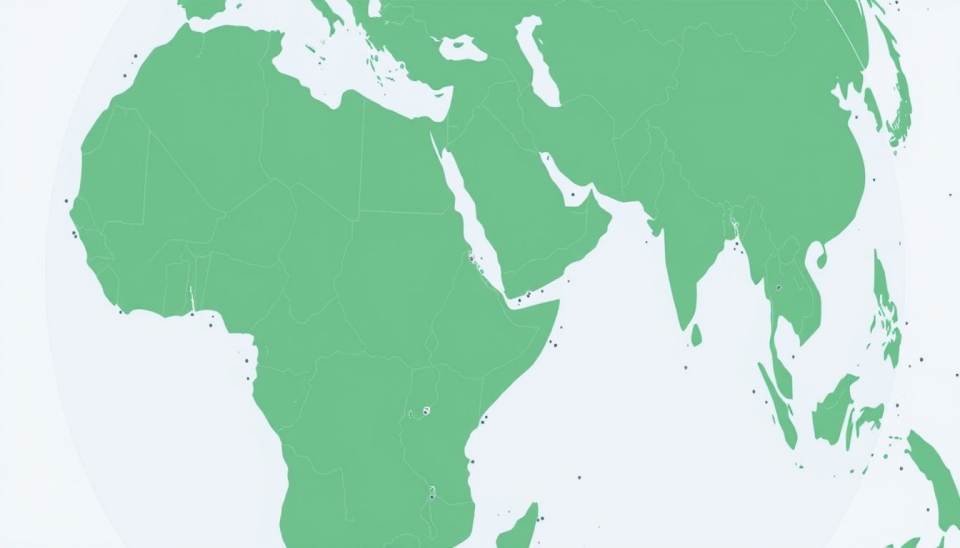World Trade Organization Warns of Protectionism's Risks for Poor Nations

The World Trade Organization (WTO) in its recent report expressed growing concern about global protectionism and its potential impact on widening the gap between rich and poor countries. The organization warns nations against adopting policies aimed at restricting international trade, which could lead to deeper inequalities in the world economy.
According to WTO studies, protectionist measures such as tariffs and quotas may provide short-term relief for specific sectors but ultimately harm overall economic activity in the long run. This is particularly dangerous for developing countries that rely on exports to fuel their growth. Furthermore, the WTO noted that the roots of such measures often lie in deep public discontent with the current economic situation, and if not addressed, this discontent can lead to political instability.
The WTO called for countries to cooperate and remain open to trade, emphasizing that only joint efforts can balance the interests of both wealthy and poor nations. The organization also stated that aid programs for developing countries require higher investment to help them adapt to changes in the global economy.
One of WTO's key recommendations is to develop programs aimed at supporting small and medium-sized enterprises, which often face the greatest challenges in a competitive environment. In this context, WTO experts urge governments to create more favorable business conditions to ensure that small businesses can survive and thrive despite global challenges.
In conclusion, the WTO stresses that early warnings and measures to prevent the spread of protectionist sentiments are necessary, as they could threaten not only the economic well-being of nations but also the very integrity of international trade.
#WTO #protectionism #globaleconomy #development #trade #richpoor

